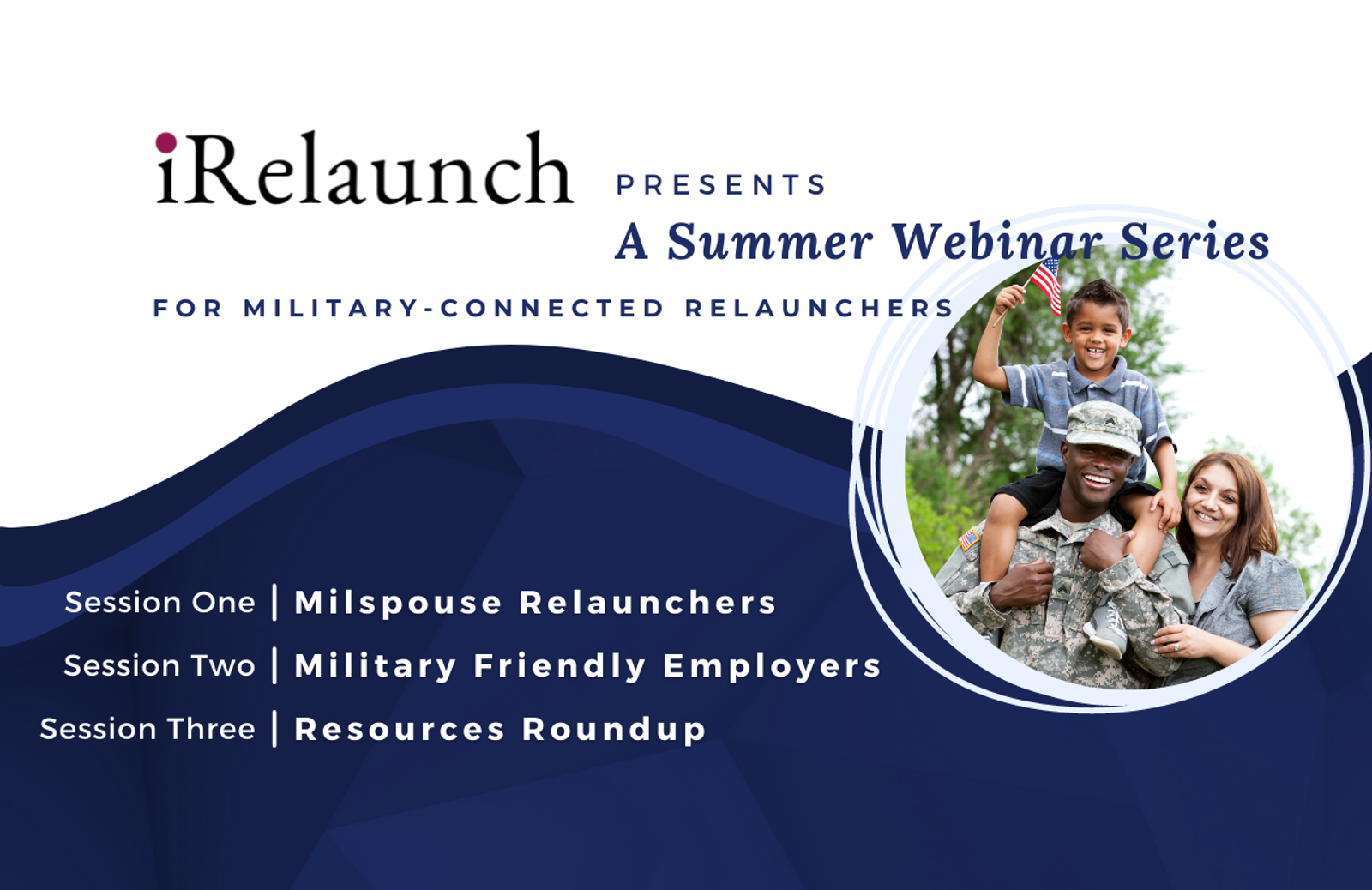If you are an active duty member of the military, I first want to let you know how much I appreciate your service. As a grateful American who has dedicated my career to helping service members find meaningful careers after service, I am offering some information to better equip you during your career transition and job search.
I’ll start off by saying that your transition is going to be a different kind of challenge. After a long career in recruiting and hiring veterans, I’ve heard it all.
“I am not sure what I want to do”
“I don’t know anyone outside of the military”
“I applied to hundreds of jobs”
“I attended a dozen hiring and networking events”
“I never heard back about that job!”
In 2015, I wrote an article titled 3 Top Tips for Service Members Entering the Civilian Job Market. In this article I emphasized the importance of preparing and the value of networking. As that article states, there are still three needs in landing a job: you need a good Resume, you need to cleverly Network, and you need to nail the Interview. I’ve also discovered that you can benefit immensely from Mentorship.
Resumes Still Matter
A resume is still essential even in the age of digital and social media. While you should complete a LinkedIn profile (you may be eligible for a free LinkedIn Premium Account), your resume is an opportunity to clearly define how you are uniquely qualified for the position you want. Here are some questions to get you thinking in the right direction:
Does your resume start with a clear summary of your skills and qualifications?
Did you list what you were accountable for as opposed to what you’ve done?
Are you clearly illustrating your technical or business acumen?
Did you increase efficiency? Make improvements? Save time and money? How much?
Network to Get Work
Networking is probably the most essential thing you can do in finding a good job. Connecting with people is the real key to opening doors of opportunity. One of the most effective connection resources today is LinkedIn. Now that you have a superb resume, you can use it as a guide to build your LinkedIn profile. Take advantage of the free one year LinkedIn Premium Account for veterans.
You can use LinkedIn to connect with people employed at a company where you want to work. Once your invitation is accepted, you can ask them questions of about the company’s culture, work environment, benefits, or simply to find out more about what the company does.
Nail the Interview
If you land an interview, it’s good news! You have their attention! My advice is to prepare for the interview by practicing with what I like to call “mirror questions.” Ask yourself questions and practice answering them in front of a mirror. Start with the hard ones first. Here are some you can try:
Why do you think you are uniquely qualified for this position?
What is it about this position that appeals to you the most?
How does your background make you a fit for this role?
You can even record your answers. Note whether you say “um” a lot, the tone of your voice, and whether your pace is even and easy to understand. The interview is your opportunity to convey who you are and what you are capable of, in your own words. Use it to your advantage!
Maximize Mentorship
Military transition is wrought with questions, and mentorship can provide a lot of answers. Mentors want to help you figure things out to make informed decisions, and they prepare you for hiring events, interviews, resumes, and so much more. They can also help you tap into the 80% of jobs not posted online, known as the “hidden jobs market.” This is a valuable part of how you network-to-get-work.
These four tips may be oversimplifying what is truly a challenging process, but they can and will empower you to take charge of your military transition. Remember, your military experience makes you part of an elite talent pool with a lot of valuable skills to share. You’ve got this!



